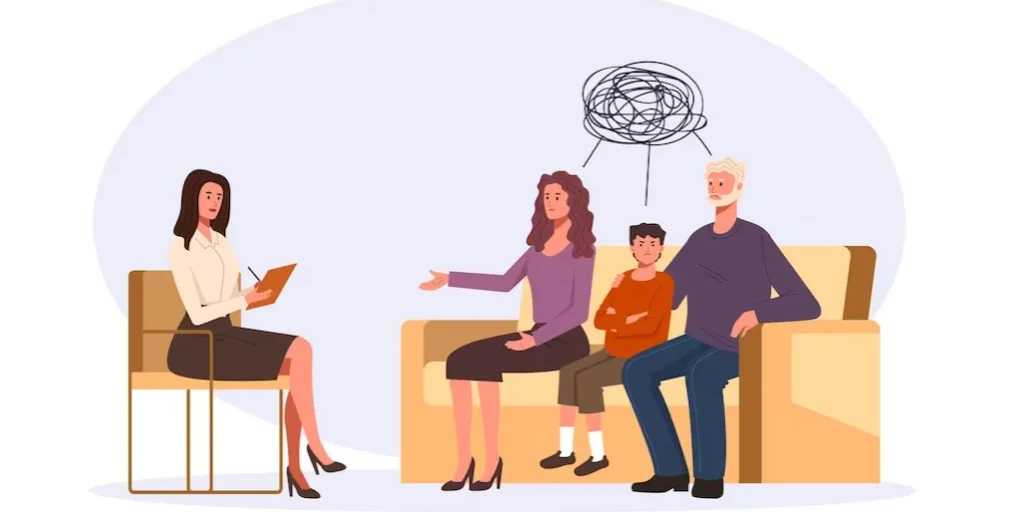24/7 Helpline:
(866) 899-111424/7 Helpline:
(866) 899-1114
Learn more about Dual Diagnosis Rehab centers in Chewelah
Dual Diagnosis Rehab in Other Cities

Other Insurance Options

WellCare Health Plans

State Farm

Amerigroup

Ceridian

WellPoint

Holman Group

Optum

Evernorth

Absolute Total Care

Providence

Sutter

CareFirst

ComPsych

UnitedHealth Group

MHNNet Behavioral Health

AllWell

Group Health Incorporated

Magellan

Highmark

Premera


Northeast Washington Counseling Service
Northeast Washington Counseling Service is a public rehab located in Chewelah, Washington. Northeast...

NorthEast Washington Alliance Counseling Services
NorthEast Washington Alliance Counseling Services - Hawthorne Avenue is a diagnostic and treatment c...



























































































































































































































Crisis Intervention Counseling
Crisis Intervention Counseling is a private rehab located in Colville, Washington. Crisis Interventi...

AA – Alcoholics Anonymous
AA – Alcoholics Anonymous is a non-profit rehab located in Colville, Washington. AA – Alcoholics Ano...

Spokane Tribe Behavior Health Agency
Spokane Tribe Behavior Health Agency is a public rehab located in Wellpinit, Washington. Spokane Tri...




























































